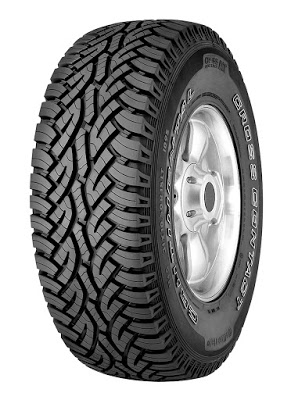 Winter is a scary season to spend on the road. Everything’s slippery and snowy and you’re in for the worst night of your life if you happen to break down. So, the best offense is a great defence and the best way to fight the icy roads and frigid winds is to take pre-emptive measures. So, here’s a quick checklist of all the things you’ll need to prepare for your winter driving:
Winter is a scary season to spend on the road. Everything’s slippery and snowy and you’re in for the worst night of your life if you happen to break down. So, the best offense is a great defence and the best way to fight the icy roads and frigid winds is to take pre-emptive measures. So, here’s a quick checklist of all the things you’ll need to prepare for your winter driving:
Tyres
You should be checking the tread and inflation pressure of your tyres regularly but, if you haven’t, you should at least check them before you intend to drive on winter roads. Worn or flat tyres are guaranteed to slip and slide all over icy roads and your brakes are going to be pretty much useless. Get them replaced or rotated if you need to and it’s always better to stay on the safe side.
If your roads get particularly icy or snowy, summer tyres aren’t going to be of much use to you. Consider getting some winter tyres to give you better grip on the roads. If your winters aren’t particularly icy and you’ve got a 4×4, getting a fresh set of 4×4 Car Tyres should be fine. However, getting a good set of winter tyres wouldn’t do any harm and give you the best chance of staying steady on slippery roads.
Antifreeze
Antifreeze is a must in winter. Without it the water pump, radiator and cylinder block will all freeze and may cost you thousands to repair. Ask your dealer or check your car’s handbook to find what kind of antifreeze you should be using. Don’t mix different types of antifreeze and if the type you’re using is glycol-based you must replace it every two years. Use a 50-50 mix of antifreeze and water to protect your car from temperatures as low as -34° centigrade.
Battery
If your car’s battery is more than five years old it’s going to struggle in the cold temperatures and maybe even break down completely. Your engine needs more current from the battery when it’s cold so you need to know that your battery is up to the job. Make sure you get it checked and replaced before the winter cold gets in to avoid getting stranded.
Fuel
Don’t allow your fuel tank to be any less than a quarter full. Cold weather can cause condensation in your fuel tank, which leads to water, which leads to ice, which eventually leads to your engine cutting off and you rolling to a stop in the snow. Keep an eye on your fuel and make sure to top it up as often as you can while it’s cold.
Emergency Kit
If you’re worried that your car might break down there’s no shame in being prepared. Things like winter clothes and blankets, a first aid kit, a snow brush and a flashlight can quickly become necessities if you find yourself stranded in the cold. Salt, a shovel, flares and spare food will also come in handy if you plan on driving somewhere remote. You should also make sure that your phone is charged.

